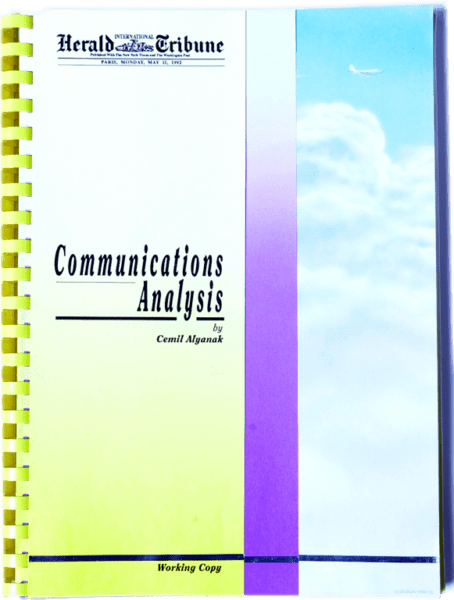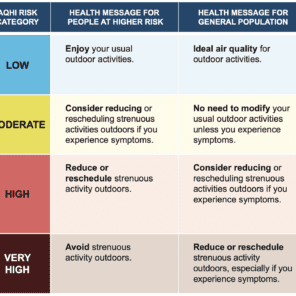Client: The New York Times, New York, NY, U.S.A. / The Washington Post, Washington D.C., U.S.A.
Listing of the client in no way affirms the client's support, sponsorship, or validation in any form of Risk Sciences International or the RSI staff member(s) who conducted this project during their stay with RSI or prior to joining the company. This case study is displayed for informative purposes only to demonstrate the capacity of RSI staff members. This case study reveals no proprietary information or information deemed sensitive.
International newspaper rethink
 The International Herald Tribune (IHT) sought guidance at a time of profound change in the media landscape. With the World Wide Web emerging and competition intensifying from global and regional editions of established outlets such as The Economist, The Wall Street Journal, and The Financial Times, the publisher asked for a comprehensive analysis to help chart a new direction for the paper. The request went beyond commercial concerns: leadership wanted to explore how the IHT could evolve from a respected newspaper into a global instrument for evidence-based communication, positioning itself as a trusted, unbiased source of factual information.
The International Herald Tribune (IHT) sought guidance at a time of profound change in the media landscape. With the World Wide Web emerging and competition intensifying from global and regional editions of established outlets such as The Economist, The Wall Street Journal, and The Financial Times, the publisher asked for a comprehensive analysis to help chart a new direction for the paper. The request went beyond commercial concerns: leadership wanted to explore how the IHT could evolve from a respected newspaper into a global instrument for evidence-based communication, positioning itself as a trusted, unbiased source of factual information.
The client asked for a wide-ranging assessment that included: a competitive analysis of international media rivals, a study of the emerging role of the internet, an internal review of the IHT’s resources and ownership structure, and—most importantly—a perception analysis of current and potential readers. This combined intelligence was expected to inform options for strengthening the paper’s positioning and shaping its future role in the global media environment.
The overarching aim was to identify a strategy that would safeguard the IHT’s influence, adapt it to new technologies, and reinforce its reputation for credibility and authority at a critical juncture in international journalism.
Experts related to this case study
More RSI Case Studies
RSI presents a very small selection of case studies to highlight some of its key work.




















